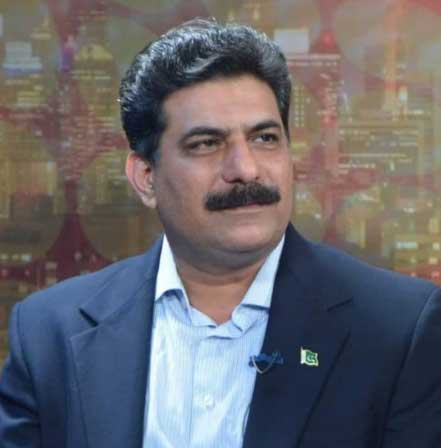Every nation has moments that define its destiny – moments when courage meets necessity and history is made. For Pakistan, May 28, 1998, known as Youm-e-Takbeer, is one such day. When Pakistan conducted its first nuclear tests, it sent a powerful message to the world: it would stand strong, protect its people, and claim its rightful place among nations. But beyond the explosions in Chagai lies a story of resilience, sacrifice, and the ongoing challenge of balancing security with progress.
On May 28, 1998, Pakistan made history by conducting its first nuclear tests in Chagai, Balochistan. This was a bold and important step that showed the world Pakistan’s determination to protect its sovereignty and security.
Becoming the seventh nuclear power in the world and the first in the Muslim world was a proud moment for Pakistan. However, it came with immediate challenges. Many countries imposed economic sanctions, cutting off aid and investments. These sanctions caused financial hardship and slowed down development. But Pakistan responded with resilience. It sought new trade partners, focused on building local industries, and worked hard to become more self-reliant.
Youm-e-Takbeer is more than a celebration of nuclear weapons. It honors the scientists, engineers, and leaders who, despite limited resources and international pressure, achieved a major scientific and strategic success. Their work gave Pakistan a powerful tool to ensure peace through strength.
Today, Pakistan’s nuclear deterrent remains a crucial part of its security strategy. The country follows a policy called “minimum credible deterrence,” meaning it keeps just enough nuclear capability to defend itself, without escalating arms races. This responsible approach helps maintain peace in South Asia.
But the world is changing fast. New threats like cyber-attacks and artificial intelligence require Pakistan to keep updating its security strategies. Protecting digital infrastructure, energy systems, and the economy is now as important as guarding borders.
Beyond Nuclear – The New Frontiers of National Security: While nuclear deterrence remains a cornerstone of Pakistan’s defense, today’s security challenges extend far beyond atomic weapons. The digital age has introduced new vulnerabilities – cyberattacks on critical infrastructure, espionage targeting government and military secrets, and data breaches that can cripple economies or disrupt daily life. In recent years, countries worldwide, including Pakistan, have witnessed sophisticated cyber intrusions aimed at sabotaging energy grids, financial institutions, and communication networks. Such threats can be as damaging as physical attacks, potentially undermining national security without a single missile fired.
For Pakistan, safeguarding against these digital threats is now a matter of urgent priority. It requires robust cyber defense systems, skilled personnel, and international cooperation. Cybersecurity is no longer an option but a necessity to protect sensitive information, maintain economic stability, and secure the digital backbone of the nation. As Pakistan strengthens its nuclear deterrent, equal attention must be given to building resilience against data and cyber warfare – a modern battlefield where the stakes are just as high.
There are also important challenges ahead regarding the nuclear program itself. Maintaining and upgrading nuclear weapons and related systems is expensive and technically demanding. Pakistan needs to balance spending on defense with investments in education, healthcare, and economic growth.
Security risks like accidental launches or cyber interference with nuclear command systems also worry experts worldwide. Pakistan must strengthen safety measures and keep its nuclear program transparent to avoid misunderstandings or accidents.
Pakistan also has to meet international standards on nuclear safety and non-proliferation to maintain good relations with the world. This includes strict controls to prevent nuclear technology from spreading to unstable groups or countries.
Ultimately, Youm-e-Takbeer is a reminder that Pakistan’s true strength lies in both defense and development. Nuclear weapons protect us, but building a better economy, stronger institutions, and educated youth will secure Pakistan’s future more than anything else. At the same time, protecting our digital infrastructure and data from cyber threats is now a key pillar of national security.
On this important day, we remember the courage and determination behind Pakistan’s nuclear tests. We renew our commitment to peace through strength, and to progress through resilience, unity, and vigilance in all fields – from atomic power to cyber defense.
The writer is a dedicated and accomplished MS researcher at University of Engineering & Technology Lahore. She stands at the forefront of academic exploration in Business Management, and can be reached at: irumrasheedi@gmail.com





